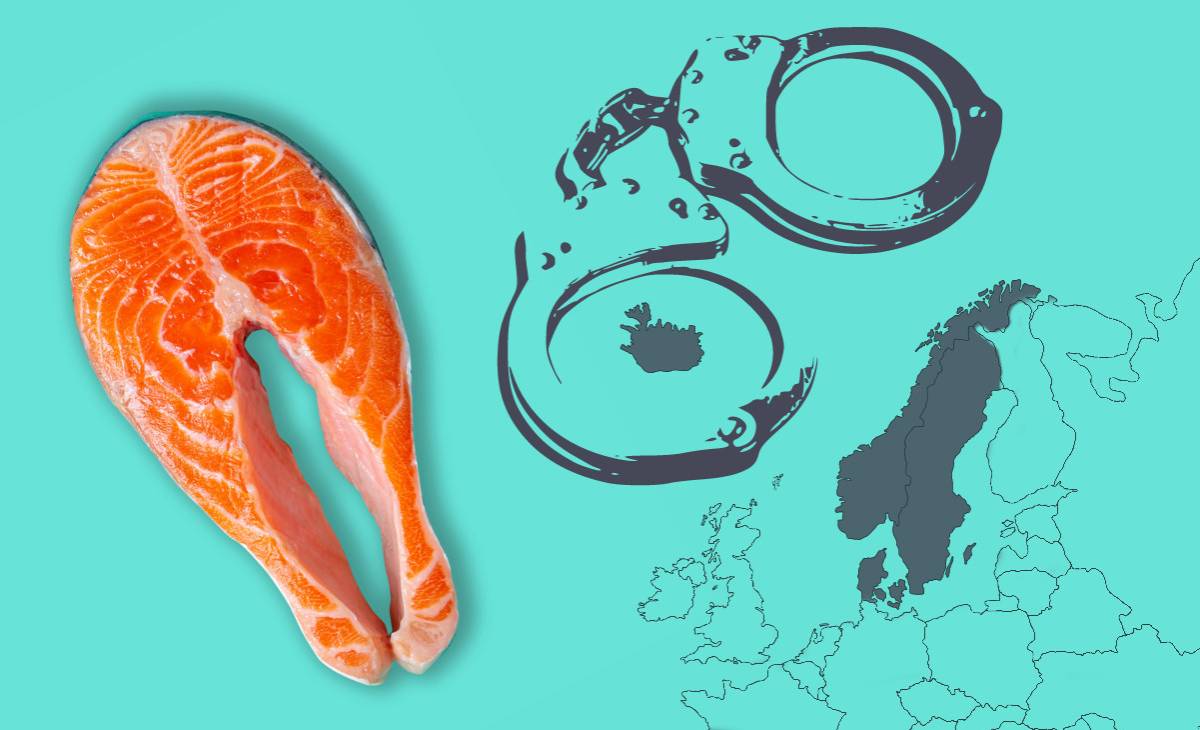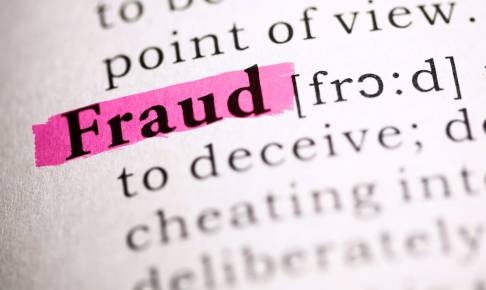Food fraud threat in Nordic nations: assessment released
The Nordic Council of Ministers has recently published the results of a joint assessment of food fraud covering four sectors in some European nordic countries.
Food fraud has become an troubling issue throughout the EU and EEA following the horsemeat scandal in 2013. In 2016 the Nordic countries agreed to collaborate and examine the joint threats arising from criminal activity in the Nordic food production chain. Two years later, funding was allocated for the project that focused on were raw materials of animal origin, fish and seafood, declaration of Nordic origin, and of organic production. Norway, Denmark, Iceland and Sweden were the countries involved in the project.
An overall assessment of the threat uses reputation, financial loss, food safety, and consumer confidence on a scale of very low to very high.
The following are the priority topics addressed in the threat assessment:
- Raw materials of animal origin - these may include evading customs duties and taxes through smuggling or theft, substituting cheaper raw materials in gourmet products or through unlawful production and sales processes that ignore expensive hygiene requirements. According to the report, all of the Nordic countries experience cases such as these, albeit with somewhat different focuses. As an example, several different types of meat fraud have been discovered, including unlawful importation, theft, re-labeling of products, camouflaging poor quality and black market sales, unlawful production, illegal abattoir, and smuggling from Eastern European and Baltic countries.
- Fish and seafood - this production chain is crucial in all Nordic countries and even the smallest of fraud cases can have a serious impact on parts of the industry. The most common forms of fraud are species substitution, labeling related to geographical origin, undeclared additives, illegal additives to increase weight, forgery of documents, and the use of fake businesses and identities. The food safety risk was estimated as low to moderate.
- Declaration of Nordic origin - food production in the Nordic region is expensive compared to many other countries and it is therefore attractive for criminal actors to try to present products from lower-cost countries as having been manufactured in the Nordic region. The report highlights how crucial it is for the food authorities in the Nordic countries to intensify to verify such claims.
- Declaration of organic production - organic production in the Nordic countries is relativey small and transparent, however, there are numerous opportunities for fraud when importing from other countries. The author of the report agreed on the necessity to be vigilant in relation to such activities.
The range of topics examined is limited and based on the assumption that these are some of the greatest challenges in the Nordic region. The authors consider this project to be a first step and recommend conducting such national threat assessments routinely to ensure that new threats are included and to ensure the best possible risk base for supervisory activities.
No pan-Nordic meetings were convened during the project for the purpose of comparing results along the way. It would be interesting to bring together inspectors and industry players across the Nordic markets to discuss what they consider the overall biggest threats to be.
Source:
https://norden.diva-portal.org/smash/get/diva2:1709381/FULLTEXT01.pdf






















